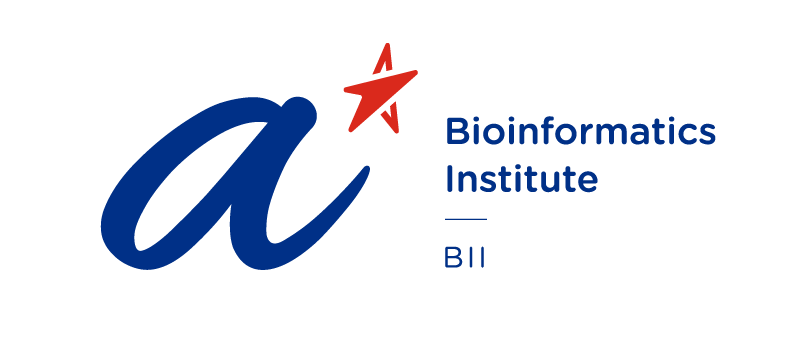Su Y
Artificial intelligence innovation in healthcare: Relevance of reporting guidelines for clinical translation from bench to bedside
Artificial intelligence (AI) and digital innovation are transforming healthcare. Technologies such as machine learning in image analysis, natural language processing in medical chatbots and electronic medical record extraction have the potential to improve screening, diagnostics and prognostication, leading to precision medicine and preventive health.
ReadComprehensive mapping of SARS-CoV-2 interactions in vivo reveals functional virus-host interactions
SARS-CoV-2 is a major threat to global health. Here, we investigate the RNA structure and RNA-RNA interactions of wildtype (WT) and a mutant (Δ382) SARS-CoV-2 in cells using Illumina and Nanopore platforms. We identify twelve potentially functional structural elements within the SARS-CoV-2 genome, observe that subgenomic RNAs can form different structures, and that WT and Δ382 virus genomes fold differently.
ReadHybrid AI assistive diagnostic model permits rapid TBS classification of cervical liquid-based thin-layer cell smears
Technical advancements significantly improve earlier diagnosis of cervical cancer, but accurate diagnosis is still difficult due to various factors. We develop an artificial intelligence assistive diagnostic solution, AIATBS, to improve cervical liquid-based thin-layer cell smear diagnosis according to clinical TBS criteria.
Read